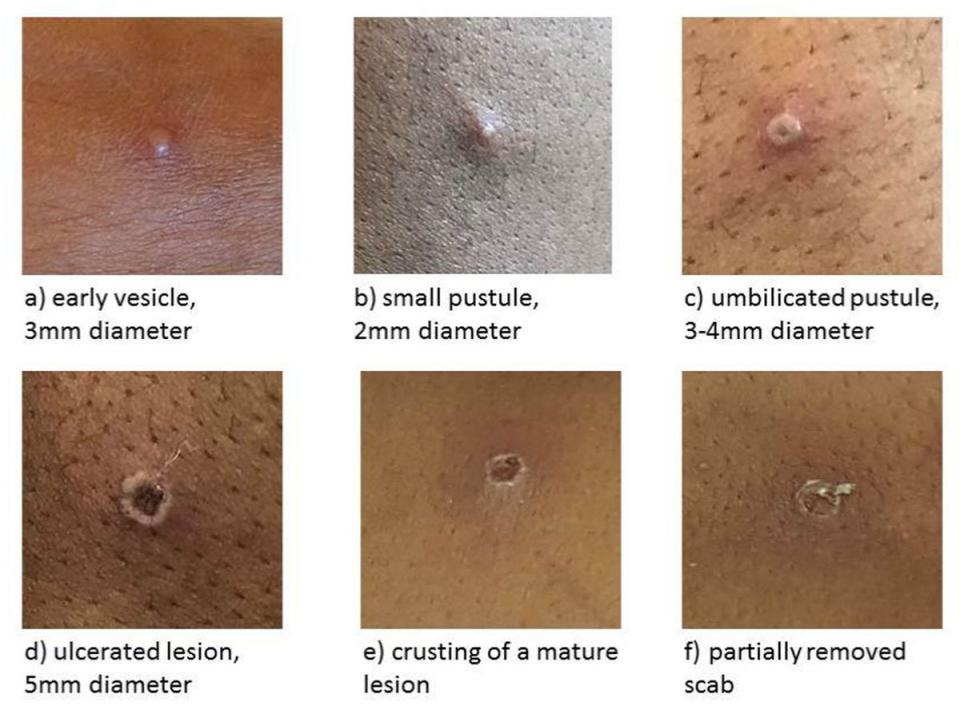NHS 111 ‘overloaded’ with callers asking if rash is monkeypox
The NHS 111 helpline has been “overloaded” with people calling to check whether their rash could be monkeypox, a senior health official has said.
A further 16 cases were identified in England on Friday, bringing the total to 101 since the start of the outbreak.
There have also been three confirmed cases in Scotland, and one in both Northern Ireland and Wales.
While the risk remains low, the UK Health Security Agency (UKHSA) are asking people to be alert to any new rashes or lesions, which would appear like spots, ulcers or blisters.
The UKHSA has said that, as the majority of cases identified so far have been among gay, bisexual and other men who have sex with men, it is asking these people in particular to be aware of the symptoms, particularly if they have recently had a new sexual partner.

Although the official advice is for people to call either NHS 111 or their local sexual health service if they believe they may have symptoms, the head of the UKHSA team investigating the outbreak said on Friday that health officials are now trying to point people towards the latter option.
“Anyone can be seen in a sexual health clinic regardless of gender, sexual orientation or identity. Everyone is welcome,” Mateo Prochazka told a webinar organised by Prepster, a group originally created to spread awareness about HIV medication which has focusing its efforts on monkeypox in recent weeks.
“There are other potential routes of trying to get yourself into the system, maybe calling NHS 111, but this has been overloaded with everyone calling who had a rash. We are trying to point people towards sexual health clinics.”

Argentina became the first Latin American country to announce monkeypox cases on Friday, as the viral disease continued to spread in countries beyond the parts of central and west Africa where it is endemic.
Some 20 countries where monkeypox is not endemic have reported outbreaks in recent weeks, mostly in Europe. Its symptoms are similar to those seen in the past in smallpox patients, although it is clinically less severe, according to the World Health Organisation.
Dr Susan Hopkins, the UKHSA’s chief medical adviser said on Friday: “We are continuing to promptly identify further monkeypox cases in England through our extensive surveillance and contact tracing networks, our vigilant NHS services, and thanks to people coming forward with symptoms.
“We are asking people to look out for new spots, ulcers or blisters on any part of their body.
“If anyone suspects they might have these, particularly if they have recently had a new sexual partner, they should limit their contact with others and contact NHS 111 or their local sexual health service as soon as possible, though please phone ahead before attending in person.”

 Yahoo News
Yahoo News 
